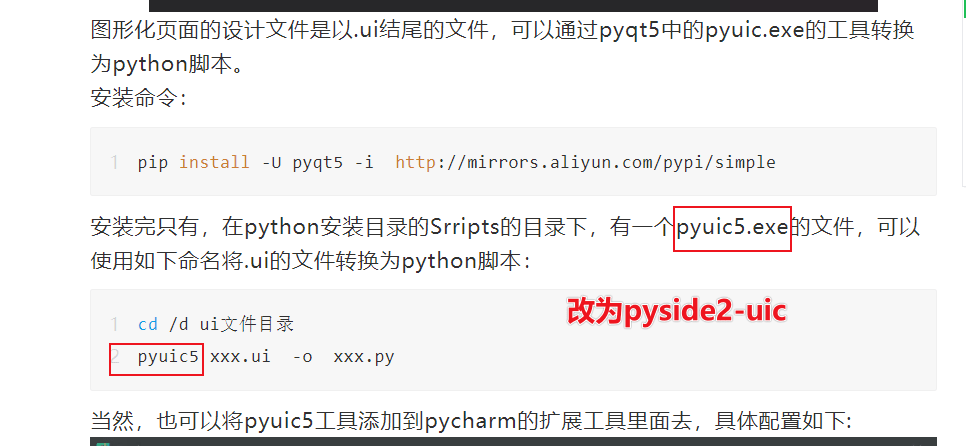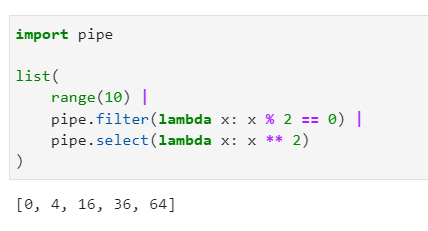社会上要想分出层次,只有一个办法,那就是竞争,你必须努力,否则结局就是被压在社会的底层。
本文实例讲述了python操作ssh实现服务器日志下载的方法。分享给大家供大家参考。具体实现方法如下:
#coding:utf-8
"""
ssh操作例子 实现了服务器日志下载
2012-08-24
yywolf
"""
import paramiko
import time
hostname="????"
port=22
username="app"
password="????"
if __name__=="__main__":
# paramiko.util.log.log_to_file('paramiko.log')
s = paramiko.SSHClient()
s.load_system_host_keys()
s.set_missing_host_key_policy(paramiko.AutoAddPolicy())
s.connect(hostname,port,username,password,timeout=4)
stdin,stdout,stderr = s.exec_command("sh ~/log/check")
print stdout.read()
s.close()
#sftp
t = paramiko.Transport((hostname,port))
t.connect(username=username,password=password)
sftp = paramiko.SFTPClient.from_transport(t)
files = sftp.listdir("/home/app/log/")
for f in files:
print f
filetime = time.strftime('%Y-%m-%d',time.localtime(time.time()))
#需要下载的文件 和下载后的文件名
sftp.get("/home/app/log/server.txt","C:\\Users\\Administrator\\Desktop\\server.txt")
sftp.get("/home/app/log/"+filetime+".log.zip","C:\Users\Administrator\Desktop\\"+filetime+".log.zip")
#RASkey
pkey_file = "E:\\yy\\tools\\key\\rsa.txt"
key = paramiko.RSAKey.from_private_key_file(pkey_file)
s = paramiko.SSHClient()
s.load_system_host_keys()
s.set_missing_host_key_policy(paramiko.AutoAddPolicy())
s.connect(hostname,port,username,pkey=key)
stdin, stdout, stderr = s.exec_command("ls -l /home/app/log")
print stdout.read()
s.close()
raw_input()
希望本文所述对大家的Python程序设计有所帮助。
到此这篇关于python操作ssh实现服务器日志下载的方法就介绍到这了,更多相关内容请搜索以前的文章或继续浏览下面的相关文章,希望大家以后多多支持!





